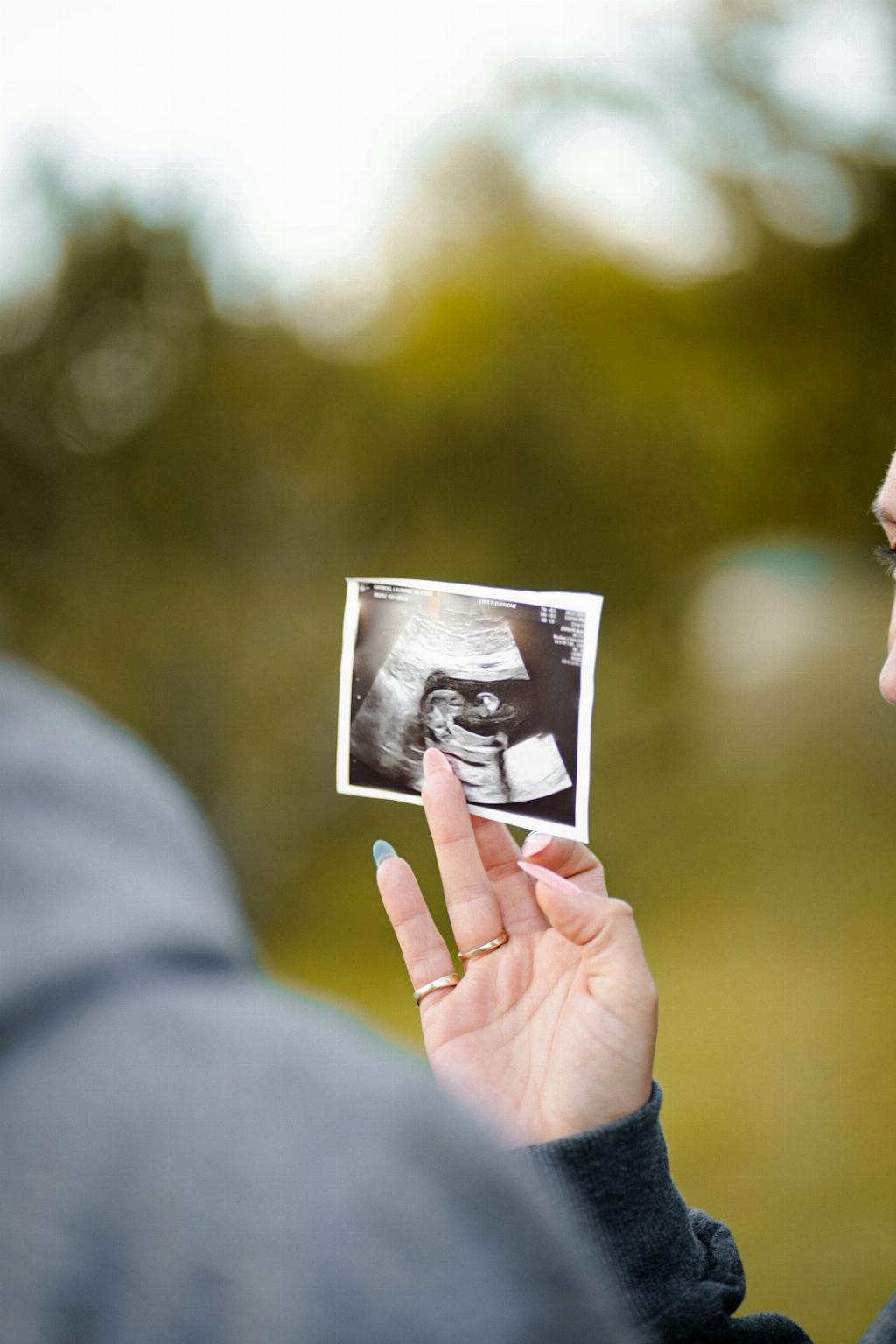When it comes to managing allergies during pregnancy, many expecting mothers may wonder about the safety of taking certain medications, including loratadine. The good news is that loratadine, commonly known by the brand name Claritin, is generally considered safe to use during pregnancy.
Oral antihistamines, such as loratadine, fall under the category of allergy drugs that are often deemed safe for pregnant women to take. Other oral antihistamines that are typically considered safe during pregnancy include cetirizine (Zyrtec), chlorpheniramine (Chlor-Trimeton), diphenhydramine (Benadryl), and fexofenadine (Allegra).
While the safety profile of loratadine is generally positive, it is always recommended to consult with your healthcare provider before starting any new medication during pregnancy. Your doctor can provide personalized advice based on your specific medical history and circumstances.
It’s important to weigh the benefits of taking loratadine to manage your allergy symptoms against any potential risks to your pregnancy. In many cases, the benefits of treating allergies with loratadine may outweigh the minimal risks associated with its use during pregnancy.
For pregnant women who are experiencing severe allergies that significantly impact their quality of life, the use of loratadine under medical supervision may be necessary to alleviate discomfort and ensure well-being.
Studies on loratadine use in pregnancy have not shown any clear evidence of increased risk of birth defects or other adverse outcomes for the mother or baby. However, as with any medication, it’s essential to use loratadine as directed and only under the guidance of a healthcare provider.
Your healthcare provider may also consider alternative non-pharmacological options for managing allergies during pregnancy, such as avoiding known allergens, using a saline nasal spray, or trying acupuncture. These approaches can complement the use of loratadine or serve as standalone options depending on individual circumstances.
If you have been taking loratadine before becoming pregnant and are concerned about continuing its use, discuss your concerns with your healthcare provider. They can help you make an informed decision about whether to continue loratadine or explore other allergy management strategies during pregnancy.
Remember that every pregnancy is unique, and what works well for one woman may not be suitable for another. Be open and honest with your healthcare provider about your symptoms, concerns, and preferences to receive the best possible care tailored to your individual needs.
In conclusion, while the data on the safety of loratadine during pregnancy is generally reassuring, it’s crucial to prioritize open communication with your healthcare provider and carefully weigh the benefits and risks when considering any medication use during pregnancy. Your well-being and that of your baby are paramount, so seek professional guidance to make informed choices about allergy management while pregnant.

